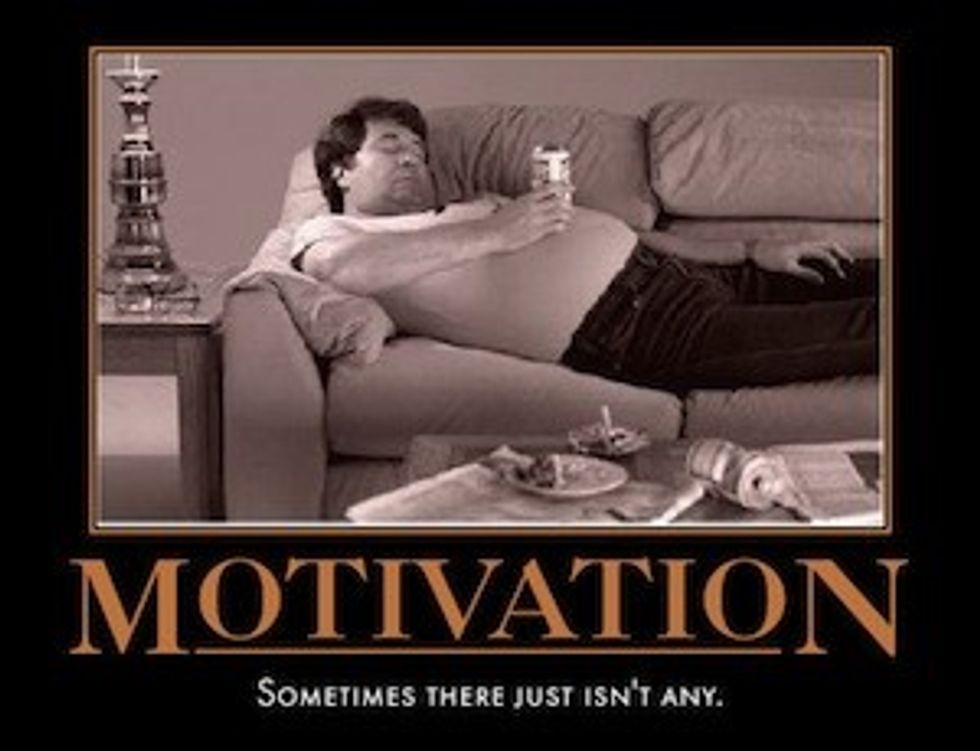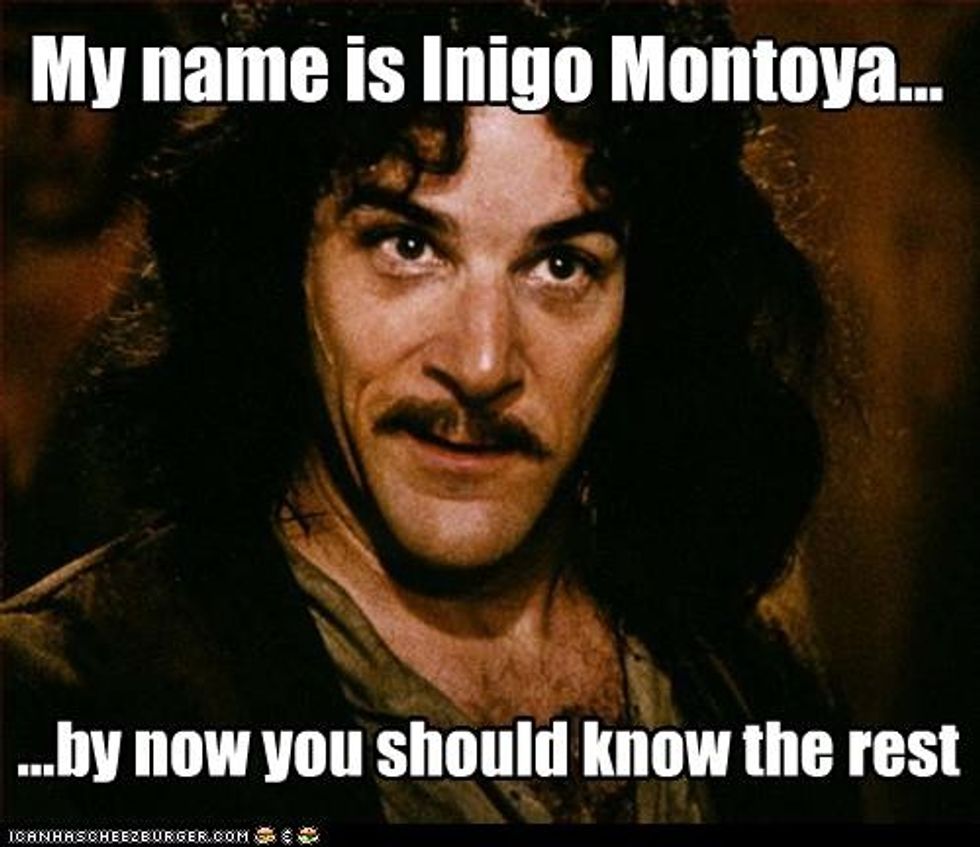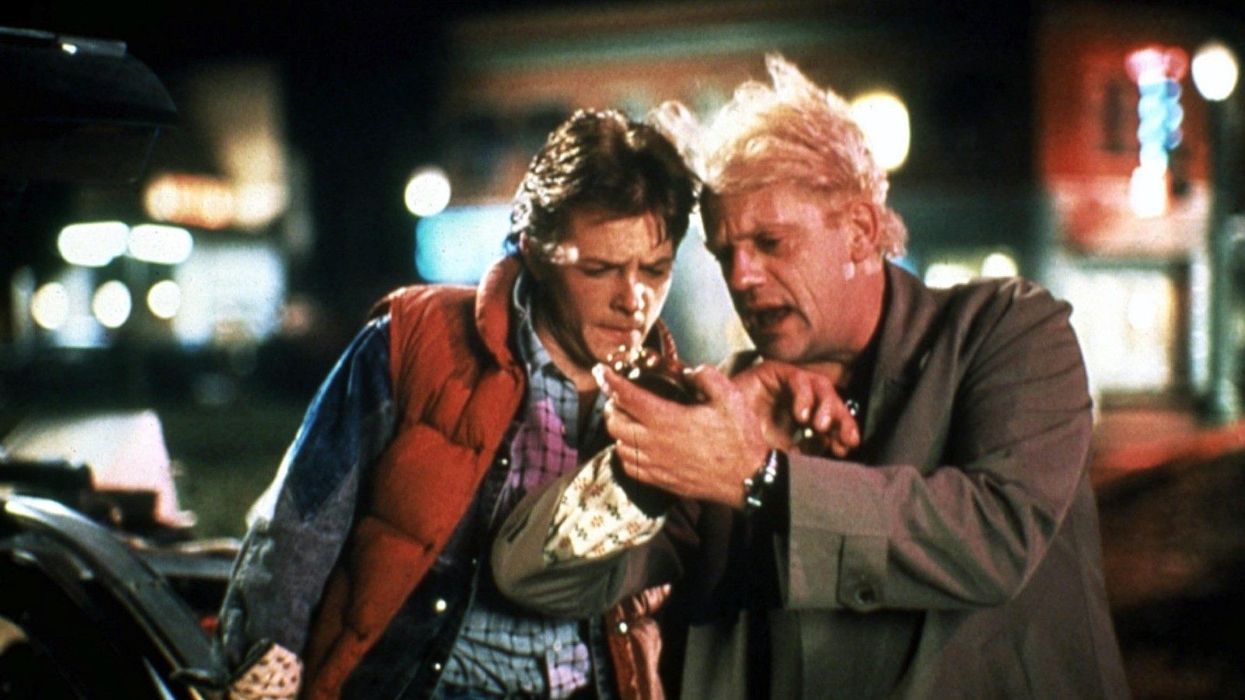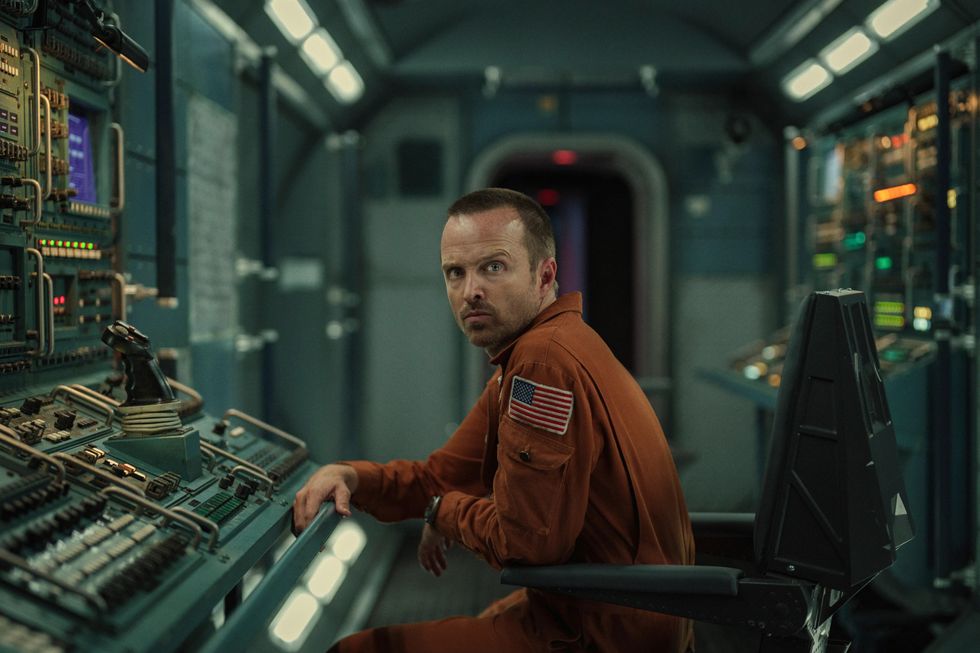The Director's Chair - Rehearsal
This is the second in a series of guest posts by filmmaker Raafi Rivero.

The first step in rehearsal is talking about the story in broad terms, then in terms of scenes, then in terms of beats within a scene. Give your actors an understanding of the scope of the project, its broad outlines, its meaning. Drill down into individual scenes; what each scene means to the progression of the story: how it supports or refutes the general thesis of the film. And finally, within a scene, what each beat means to both the individual unity of the scene and the broader context of the story. (Inigo smiles as he lifts the sword this time, because he has been dreaming of meeting this man for years and is finally face-to-face).
Getting Started
The first rehearsal is a conversation. You talk about the story. You listen to your actor's thoughts about the story. That's it. You explain ideas. They give you ideas. If you like their ideas, you fit them into the story. If you do not like their ideas, you help them to learn how you see the film. This is the beginning of your work with actors. It is a collaboration founded on talk.
In each subsequent rehearsal the work delves deeper into the material. There should be as much conversation as there are script reads. There's no penalty for saying "I don't know, show me something." Or "let's try something completely different." Use this time to teach yourself and your actors about the interior lives of the characters. Parts of the story that were not obvious on paper should come alive in rehearsal.
As an experiment, try having your actors improv a scene that isn't written into the script: let's say your story is about two close friends who plan to rob a bank. Try having them improv the scene when they first met. Or when one coveted the other's girlfriend. Or a scene after the conclusion of the story. This will teach everyone in the room what they think about the characters. If you see something wrong, something false? Correct it here. Rehearsals are your R&D lab for characters and performances. Try a pass where your character is hung-over with Laryngitis when he plans the robbery from bed. Try another where he's hopped up on espresso and in love with the bank manager's daughter while planning the same scene.
The gaps between the different ways you rehearse a scene will show you what's missing and what can be added. Each rehearsal session should take you somewhere with the material: you will hear lines that are difficult to say: should these be re-written, or does the actor need more coaching? You will see "false beats" where a scene is working until something unmotivated happens. Why does it always break at this moment? Talking over false beats with your actors will enable you to discover errors: either in their understanding of the story or your own. But only if you take the time to find them.
There is literally nothing wrong that you can do in this stage. The more time you and your actors spend learning the characters -- who they are and who they are not -- the more compelling they will be to your audience from the very first frame of your film.
Next time: shooting multiple takes. To see all the posts in this series (to date), click here.
Raafi Rivero is a filmmaker and designer living in Brooklyn, NY. In between stints slaying dragons and leaping small puddles in a single bound, he's managed to snag a couple of industry honors and is hard at work on the upcoming feature How to Steal. Raafi has directed content for HBO, Sony, and Discovery as well as shady record labels and satisfied customers the world round. His short, Their Eyes Were Watching Gummy Bears, will play festivals this summer. Follow Raafi on Twitter here.













